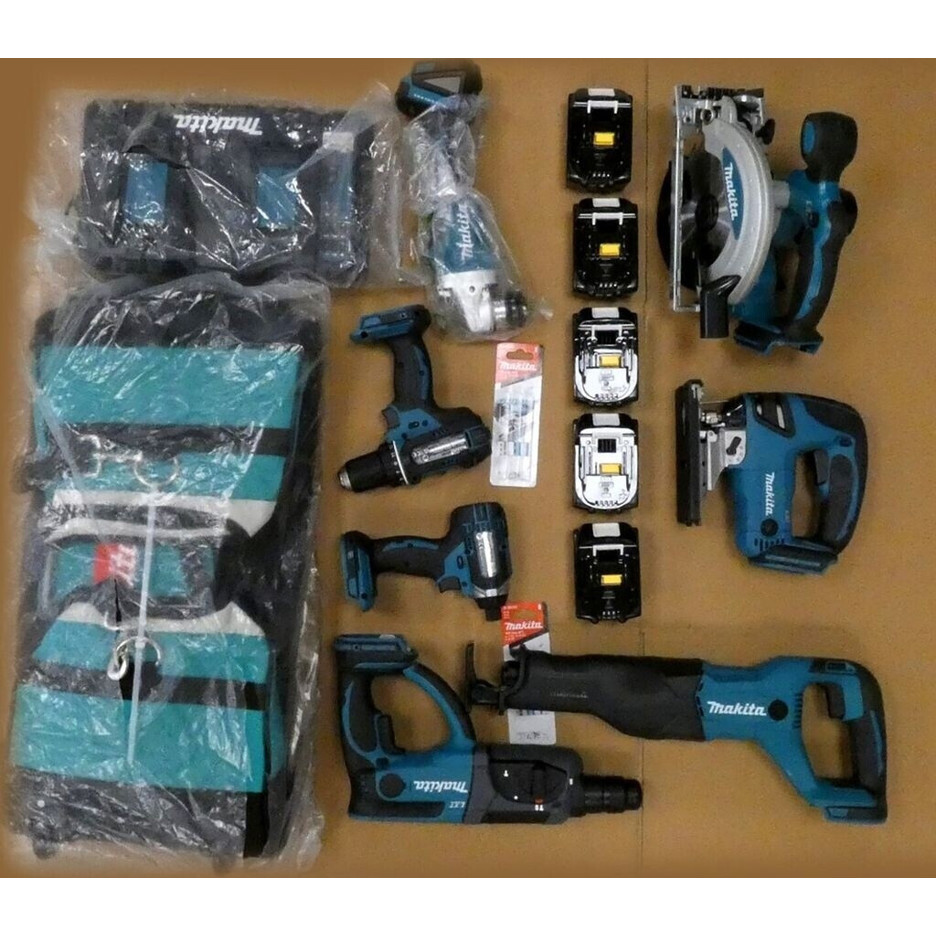
Akku Maschinen Set 18v
متابعةنظرة عامة
-
القطاعات العلوم التطبيقية-الكيمياء
-
تم نشر الوظائف 0
-
المشاهدة 65
وصف الشركة
Buy A Router: 10 Things I’d Like To Have Learned Earlier

The Ultimate Guide to Buying a Router: Ensuring Optimal Connectivity for Your Home or Office
In today’s busy digital world, reliable web connectivity is more vital than ever. Whether for remote work, online learning, video gaming, or streaming, having a robust and efficient router is essential. This thorough guide will help customers make informed choices when picking the ideal router for their specific needs.
Comprehending Routers: The Basics
Before diving into the purchasing process, it’s vital to comprehend what a router does. A router is a networking device that forwards information packages in between computer system networks, allowing multiple gadgets to use the exact same internet connection concurrently.
Key Functions of a Router
- Connection: Connects various gadgets (computers, smartphones, smart TVs, etc) to the internet.
- Traffic Management: Manages data traffic to make sure consistent speeds.
- Security: Protects your network from external dangers with integrated firewall softwares and security procedures.
- Wireless Access: Provides Wi-Fi connection in homes and offices.
Types of Routers
When thinking about a router, it’s crucial to understand the different types readily available. Here’s a quick overview:
1. Wired Routers
- Pros: Fast speeds, trustworthy connection, security from external hazards.
- Cons: Limited mobility; devices need to be physically linked.
2. Wireless Routers
- Pros: Greater versatility, links multiple devices without wires.
- Cons: Range restrictions and possible security vulnerabilities.
3. Dual-Band Routers
- Pros: Offers both 2.4 GHz and 5GHz bands, reducing interference and permitting faster speeds on modern gadgets.
- Cons: More pricey than single-band routers.
4. Tri-Band Routers
- Pros: Additional band for better performance; ideal for multiple heavy users or smart homes.
- Cons: Typically more expensive and might be overkill for fundamental users.
5. Modem-Router Combos
- Pros: Saves space and minimizes the number of gadgets; simple to set up.
- Cons: Less versatility in upgrading elements and can lead to concerns if one part fails.
| Type | Pros | Cons |
|---|---|---|
| Wired | Fast speeds, reputable connection | Minimal mobility |
| Wireless | Greater versatility | Variety constraints, security vulnerabilities |
| Dual-Band | Minimized disturbance, faster speeds | More costly than single-band routers |
| Tri-Band | Better performance for multiple users | More pricey; may be overkill |
| Modem-Router Combo | Saves area, easy setup | Less versatility, potential failure problems |
Aspects to Consider When Buying a Router
With numerous kinds of routers available, understanding the critical aspects influencing your decision can assist you choose sensibly.
1. Speed
Try to find routers with greater speed scores, generally determined in Mbps (megabits per second). The minimum requirement for standard activities is 25 Mbps, but for gaming and HD streaming, 100 Mbps or more is preferable.
2. Range
Think about the size of your home or office. Routers come with different varieties; if you have a large area or numerous floorings, go with a router with extended variety capabilities or think about a mesh network setup.
3. Security Features
Ensure the router features robust security functions like WPA3 encryption, firewalls, and visitor gain access to. This is especially crucial for safeguarding personal data.
4. Variety of Devices
Examine how many gadgets will link to the router. High-user environments, such as smart homes, might require routers designed to manage numerous simultaneous connections.
5. Future-Proofing
Consider a router that supports the current Wi-Fi standards (Wi-Fi 6 is currently the most current), which offers better efficiency and connectivity alternatives for future devices.
Advised Routers in 2023
Here’s a choice of some well-reviewed routers presently popular in the market:
| Router Model | Type | Speed | Range | Price |
|---|---|---|---|---|
| TP-Link Archer AX50 | Dual-Band | Up to 2402 Mbps | Approximately 2000 sq. ft. | ₤ 99 |
| ASUS RT-AX88U | Tri-Band | Up to 6000 Mbps | Approximately 3000 sq. ft. | ₤ 299 |
| Netgear Nighthawk RAX80 | Dual-Band | As much as 6000 Mbps | Up to 3000 sq. ft. | ₤ 399 |
| Google Nest Wifi | Mesh | As much as 2200 Mbps | As much as 2200 sq. ft. (per unit) | ₤ 299 (for 2-pack) |
| Linksys EA7300 | Dual-Band | As much as 1750 Mbps | Approximately 1500 sq. ft. | ₤ 149 |
FAQs on Buying a Router
Q1: Do I need a dual-band or tri-band router?
A: If you have a wise home or numerous users streaming or Trivox versand video gaming, a dual-band or tri-band router is suggested for ideal efficiency and minimized interference.
Q2: Can I use my old router with a new one?
A: You can use an old router as a range extender or extra gain access to point to enhance protection, but it may limit general performance.
Q3: How often should I change my router?
A: It’s recommended to replace your router every 3-5 years to keep up with improvements in technology and ensure ideal security.
Q4: Is a mesh network better than a standard router?
A: A mesh network is frequently more efficient in large or multi-story homes for providing consistent coverage, while a conventional router might be sufficient for smaller spaces.
Q5: What speed do I need in a router for fundamental surfing?
A: For basic surfing, a router with at least 25 Mbps is adequate, however consider greater speeds for streaming and video gaming.
Purchasing a router is an essential decision that can considerably affect your internet experience. By comprehending the kinds of routers offered, examining essential features, and considering present market choices, consumers can make sure a better linked lifestyle. Investing time in choosing the ideal router pays dividends in speed, protection, and overall satisfaction, making it an important component of today’s interconnected office or home.
